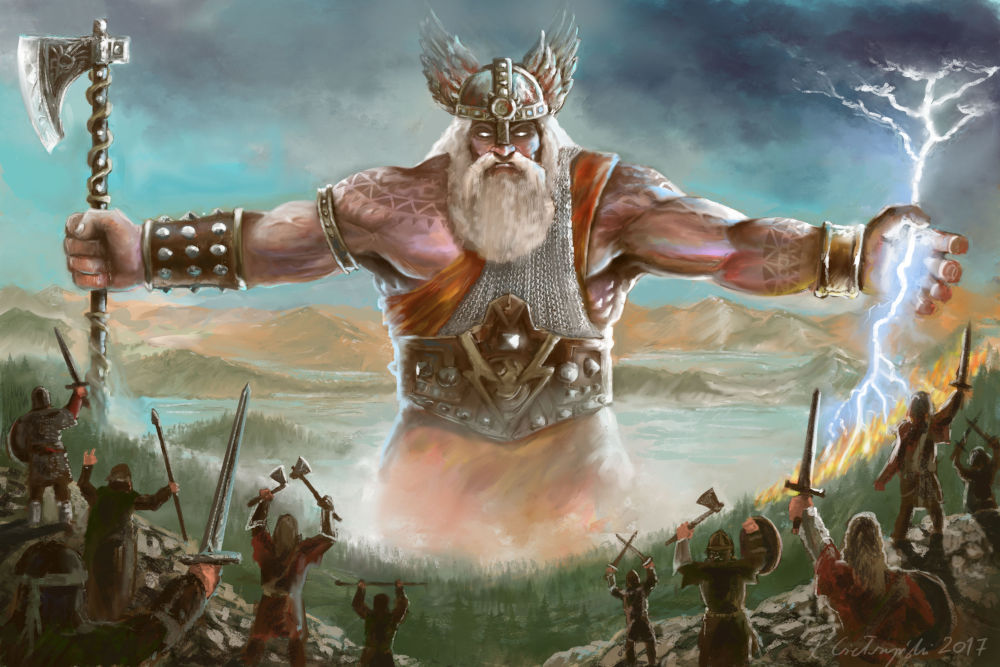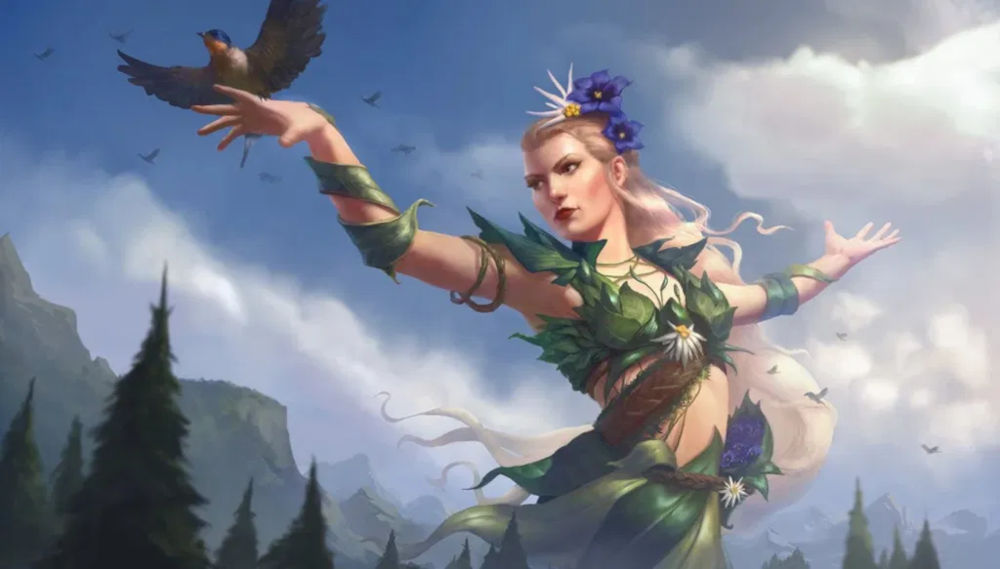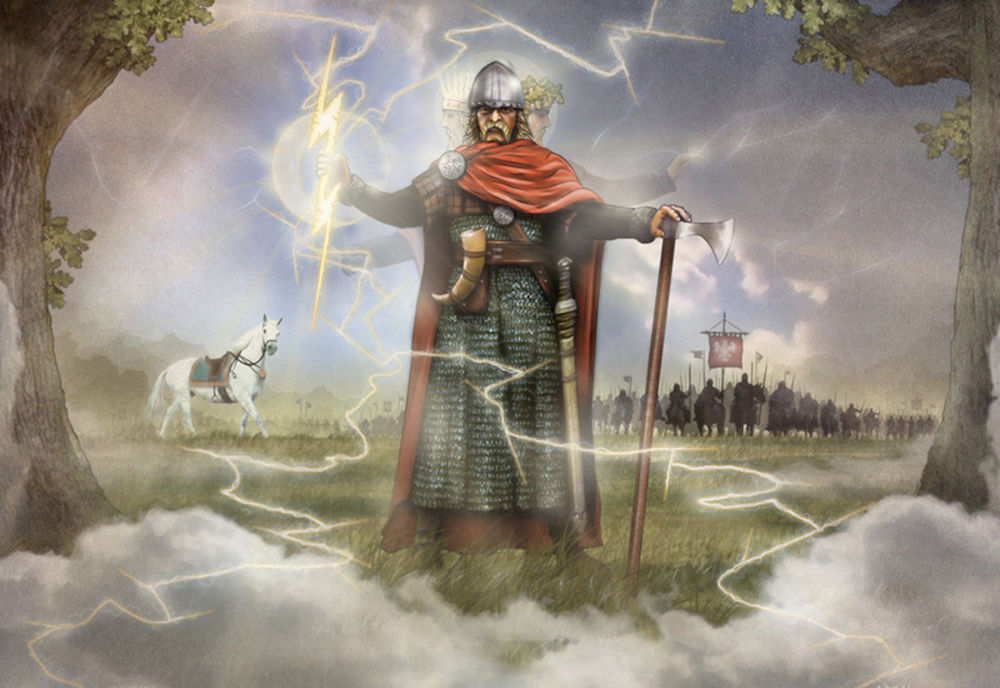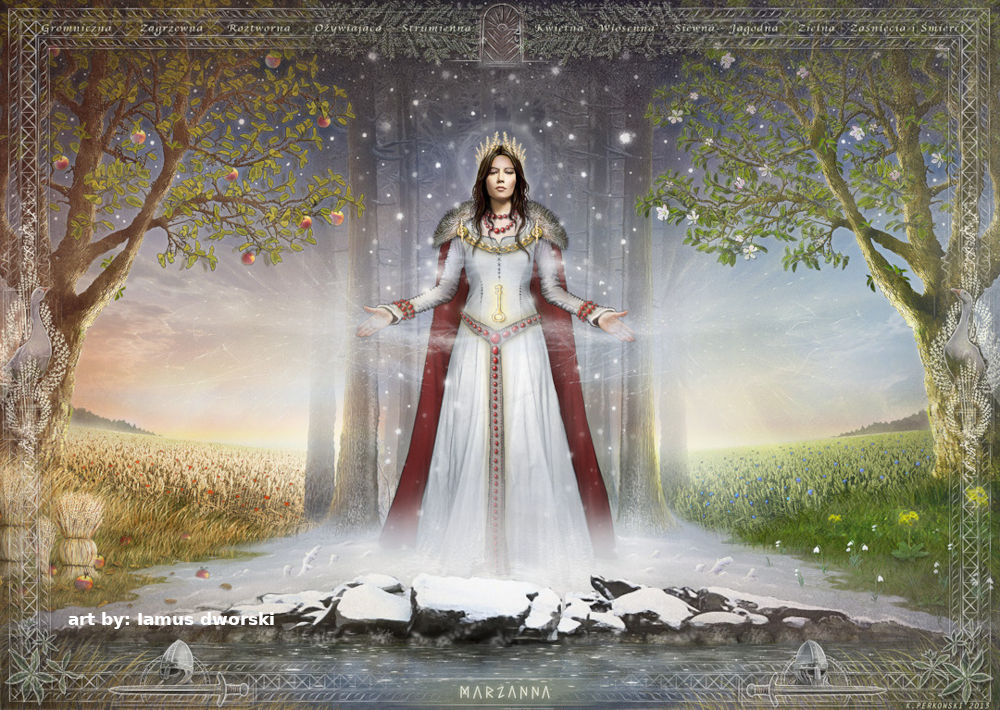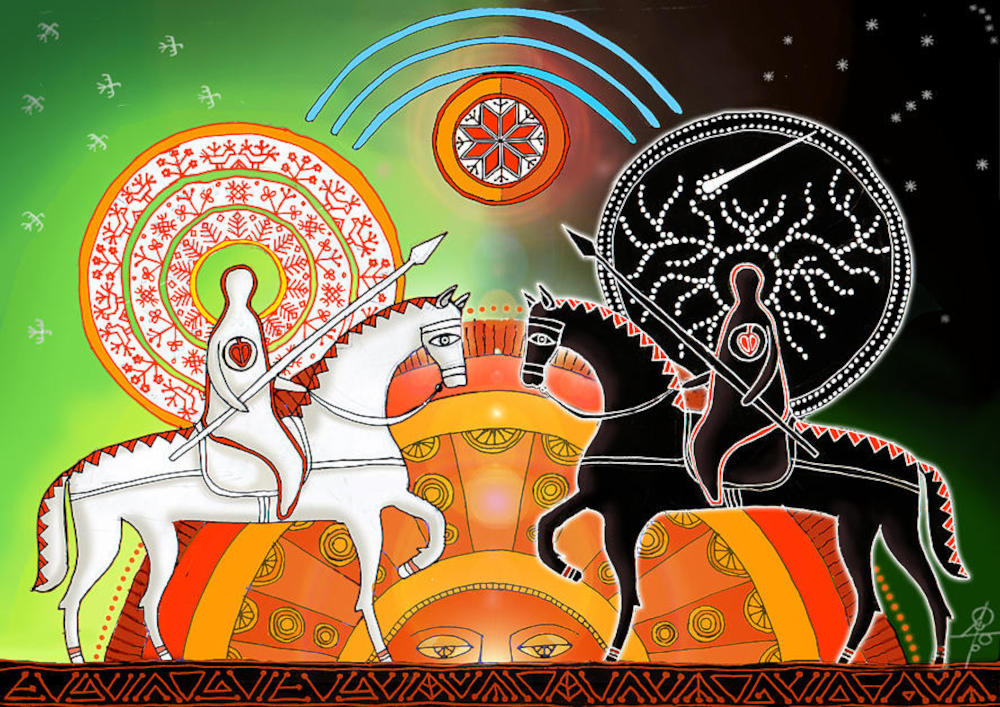Croatian gods – The eternal battle between the good and the evil
- Home
- Croatian Culture and History
- Croatian gods – The eternal battle between the good and the evil
Croatian gods – The eternal battle between the good and the evil
- access_time 6 March 2021
- account_circleCroatian Culture and History
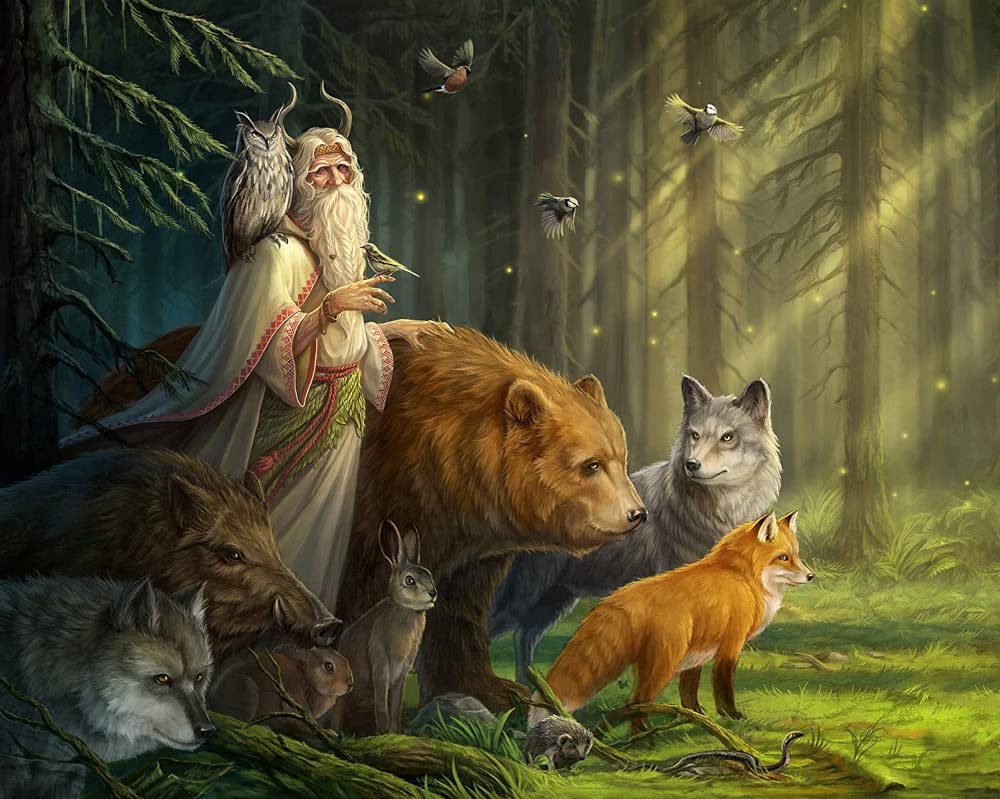
Before the Croats accepted Christianity, they worshiped their own deities and had their own customs like all other European nations. Throughout history, Croatian mythology has never been processed and only the contents of the oral tradition were known. Since the Croats converted to Christianity soon after arriving on the Adriatic, there were not many sources on the subject before the migration. Nevertheless, over the past century, there have been several historians and scientists who have managed to collect and record a portion of that past. For a long time, Croatian mythology was observed in the context of the Old Slavic mythology, and although it is very similar to it, it is quite different in some respects and definitely deserves an independent place alongside other secular mythologies.
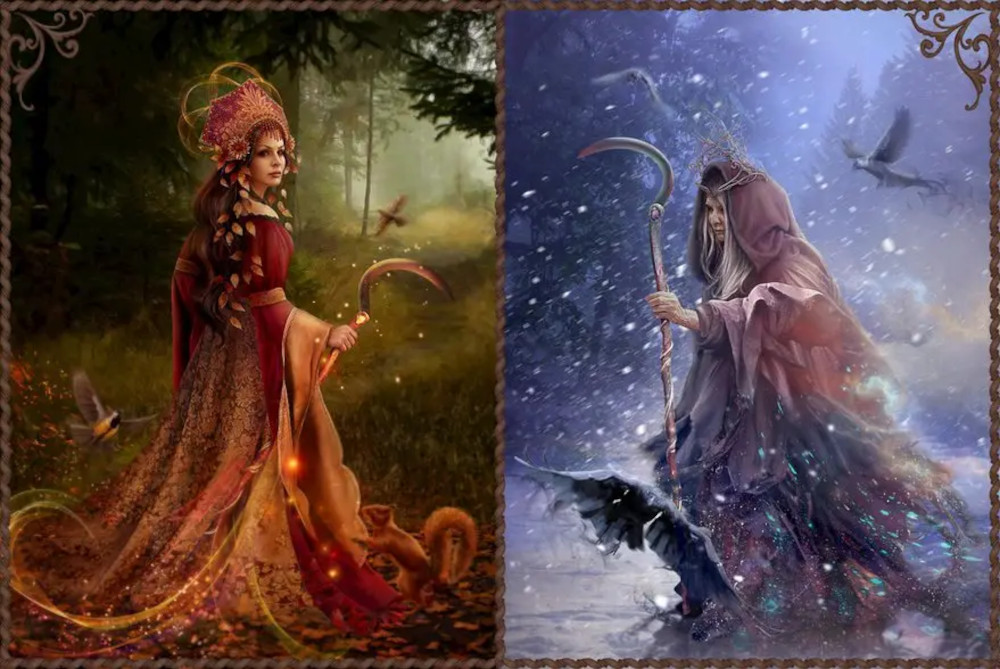 Slavic Goddesses
Slavic Goddesses
Image source: https://meettheslavs.com
The creation of the world
As the popular legend has it, in the beginning of time, there was only a complete, infinite universe, neither dark nor bright, a formless matter and a foggy abyss, the deeper, the wider. At the very bottom was the black force of darkness or Pramrak. Within the bright frame of the universe, all this was ruled by the almighty Spirit of eternity, as the primordial source of life. In separating light and darkness, lies the very beginning of the struggle between the deity of light and the forces of darkness.
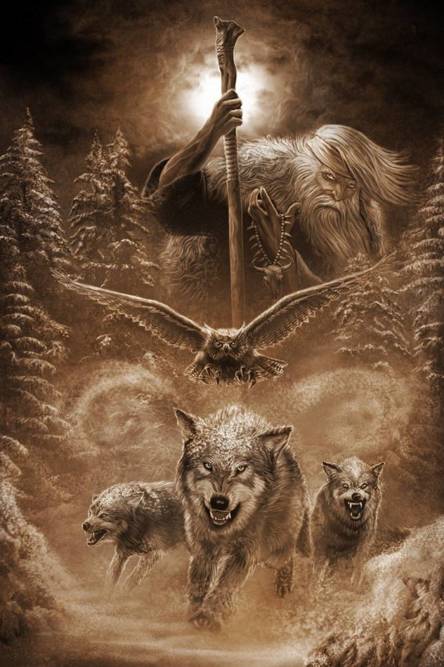 Chernobog by Odeacon
Chernobog by Odeacon
Image source: www.zedge.net
All Indo-European peoples consider the ruler of darkness to be the originator, the creator of evil, which is why a special part in the creation of the world belongs to him. Among Croats he is called Crnobog, Zlibog or Chernobog (meaning Evil or Black God), among Indo-Iranians Ahriman, and among Germans Loki. But what is evil exactly? Does it even exist without its antipode – the good? Usually, it is described as “the absence of good.” However, evil can also denote profound immoral nature of the human condition, where strife and torment are the true roots of evil.
Darkness vs. light
Even the changing of the day and night used to be experienced as the battle of darkness and light, the evil and the good, so naturally, Slavs used personification, turning the common natural cycle into demons and gods – in this case Crnobog and Svjetlobog. While Crnobog is more of a Devil, or the evil demonic God, the White God is its sheer opposite – the Creator of light, the bearer of the good and wealth. This led to Slavs justifying every good thing with good influence of Svjetlobog, and the occurrence of anything bad was blamed on Crnobog. This division could come only under the influence of Christianity, within which there is a dualism of good and evil, whose bearers are, at a higher level, God and Satan, and at a lower level, angels and demons.
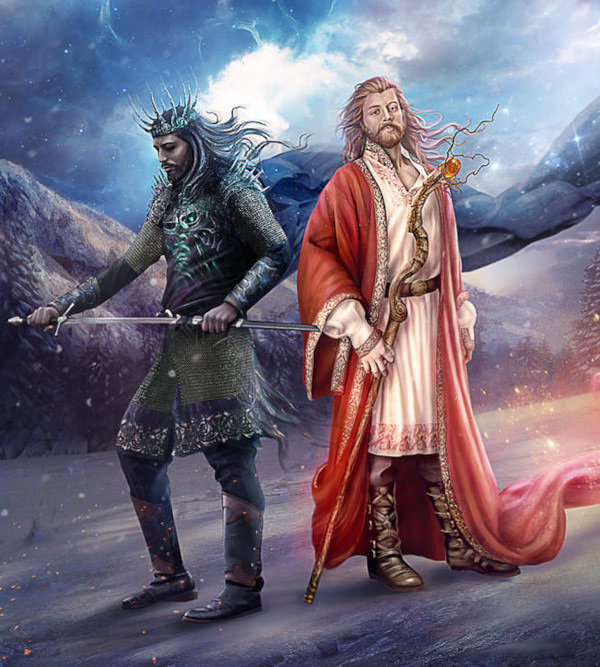 Chernobog and Belobog by Brahman7
Chernobog and Belobog by Brahman7
Image source: imgur.com
Since the dawn of man, there has always been evil but little is known about Svjetlobog or that he even existed. He might have been constructed in more recent times as opposed to Crnobog representing a bright deity fighting evil or the “White or Light God” was just an epithet to one of the high existing deities, as an additional description. The most plausible explanation however is that this description referred to Svantevid, the bright god of the sun, or his father Svarog, the Forefather of all good powers who defeats Crnobog, the father of darkness and evil, in whom lies the original source of all destructive powers. Their existence defines the primeval origin of the upper and lower worlds.
The spirit of the old Croats that shines through mythology in which pagan and Christian themes are already significantly mixed is especially seen in this sharp dichotomy of good and evil: the bright and creative world of the heavenly gods and the dark, relentlessly evil lower world. Some people believe that evil deities indeed existed—and perhaps still do. In contrast, others regard them as mere intangible manifestations of human fears. Some are evil gods of the underworld, and some exist to torment humanity. And what do you believe?


